Description
Tie Guan Yin (铁观音) Iron Goddess of Mercy is our premium version of a truly classic Chinese oolong. This one comes from Anxi County in Fujian Province, the birthplace of this very famous and popular tea. This Tie Guan Yin Oolong is an Anxi-style tea, which means that it is lightly oxidised, retaining many of the delicate floral aspects that are a closer to a light green tea without the grassiness or astringency. This type of oolong has become known as a ‘jade’ or ‘green’ oolong due to the light appearance and colour that is reflected both in the leaves of this tea as well as the light coloured liquor. This particular crop of our Tie Guan Yin Iron Goddess of Mercy oolong was plucked in spring, May 2023, in Anxi County of Fujian Province in China.
The tea is named after the Chinese name for a bodhisattva known in Sanskrit as Avalokiteśvara, Guan Yin (观音). Guan Yin is a buddhist bodhisattva usually associated with compassion; it is also known in Japan as Kannon Bosatsu (観音菩薩) and in Korea as Gwan-eum (관음). Other spellings and names for this tea include TGY, Ti Kuan Yin, Tit Kwun Yum, Ti Kwan Yin, Iron Buddha, Iron Goddess Oolong and Tea of the Iron Bodhisattva. The English name ‘Iron Goddess of Mercy’ is a literal translation of ‘Tie Guan Yin’ and is the most common English name for this Chinese oolong.
There are two legends that explain the origin of the name of Tie Guan Yin Iron Goddess of Mercy oolong. One tells a story of a scholar called Wang who discovered a tea plant under Guan Yin rock, brought it home and then cultivated this tea. When he brought this tea to the Emperor as a gift, the Emperor liked the tea so much he wondered where this tea originated. As it was found under the Guan Yin rock, it was decided to call it Guan Yin tea.
Another legend tells a story of a poor farmer called Wei. There was a temple with an iron statue of Guan Yin on the way from the tea fields that Wei walked past every day and he noticed that the condition of the temple was worsening. He decided to do something about it so he took it upon himself to clean the temple and light incense in it twice a week; he proceeded to do that over many months. One night Guan Yin appeared to him in his dream telling him that there was a cave behind the temple with treasure that awaited him. Upon entering the cave Wei discovered a tea plant shoot. He planted it in his field and nurtured it into a large tea bush. This tea plant produced the finest tea, so he shared the cuttings from this bush with all his neighbours. Wei and his neighbours started making and selling this fine tea under the name Tie Guan Yin. As they prospered from it, they were able to fully repair their beautiful temple.
This oolong undergoes a complex production process that results in quite a characteristic tea and is shared with other light Anxi-style oolong teas. The processing goes through the following stages: plucking of tea leaves, sun withering, cooling, tossing, withering with slight oxidation, further tossing and withering, fixation, rolling, drying, sorting and finally packing. As the tea nears the completion of this process, the distinctive colouration of the leaves becomes apparent. This can be seen on the dried leaves, they become quite light in colour on the edges, almost frosted in places. This is a distinguishable feature of a well-made and correctly processed Tie Guan Yin Iron Goddess of Mercy oolong.
The tightly rolled light green, jade coloured leaves of this Tie Guan Yin Iron Goddess of Mercy oolong have a slight green floral aroma. When brewed, the leaves unfurl, producing a pale golden clear liquor with a floral scent. The taste is light, with a pronounced floral profile and refreshing flavours of fresh green vegetables with a buttery note and a little sweetness reminiscent of red peppers. The lasting aftertaste has more floral flavours. This is a light and refreshing tea with a smooth and balanced flavour and no bitterness or astringency.
This oolong is best brewed at 90°C for around 3 minutes according to your taste and can be brewed more than 3 times, increasing steeping time with each next brew if desired.
You can also discover all four famous Anxi oolongs in our online shop: classic Tie Guan Yin Iron Goddess of Mercy, crisp and zesty Mao Xie Hairy Crab, refreshingly floral Ben Shan Source Mountain and the most floral Huang Jin Gui Golden Osmanthus.
Tie Guan Yin Iron Goddess of Mercy oolong tea was featured in our June 2020 and January 2017 Curious Tea Subscription Boxes.

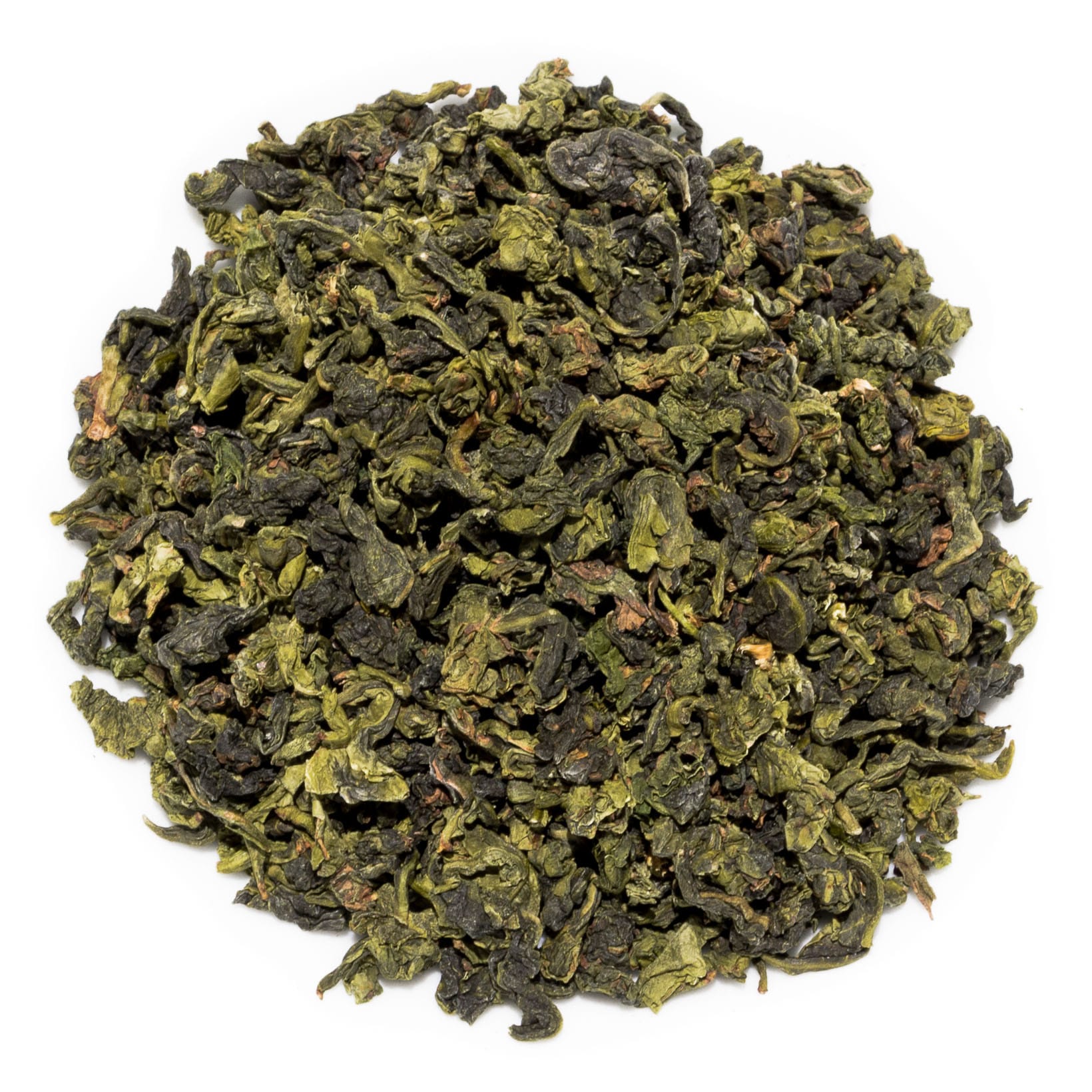
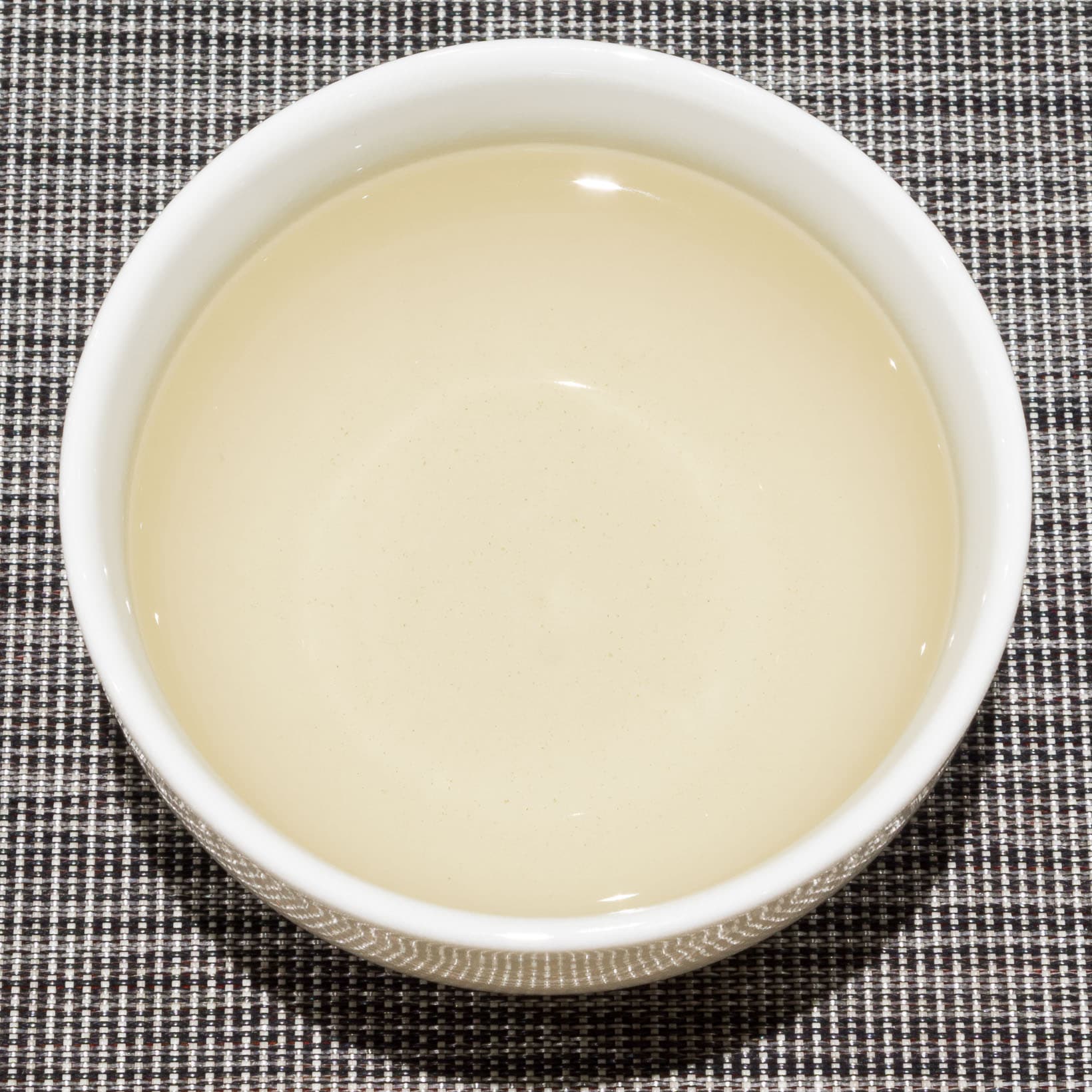
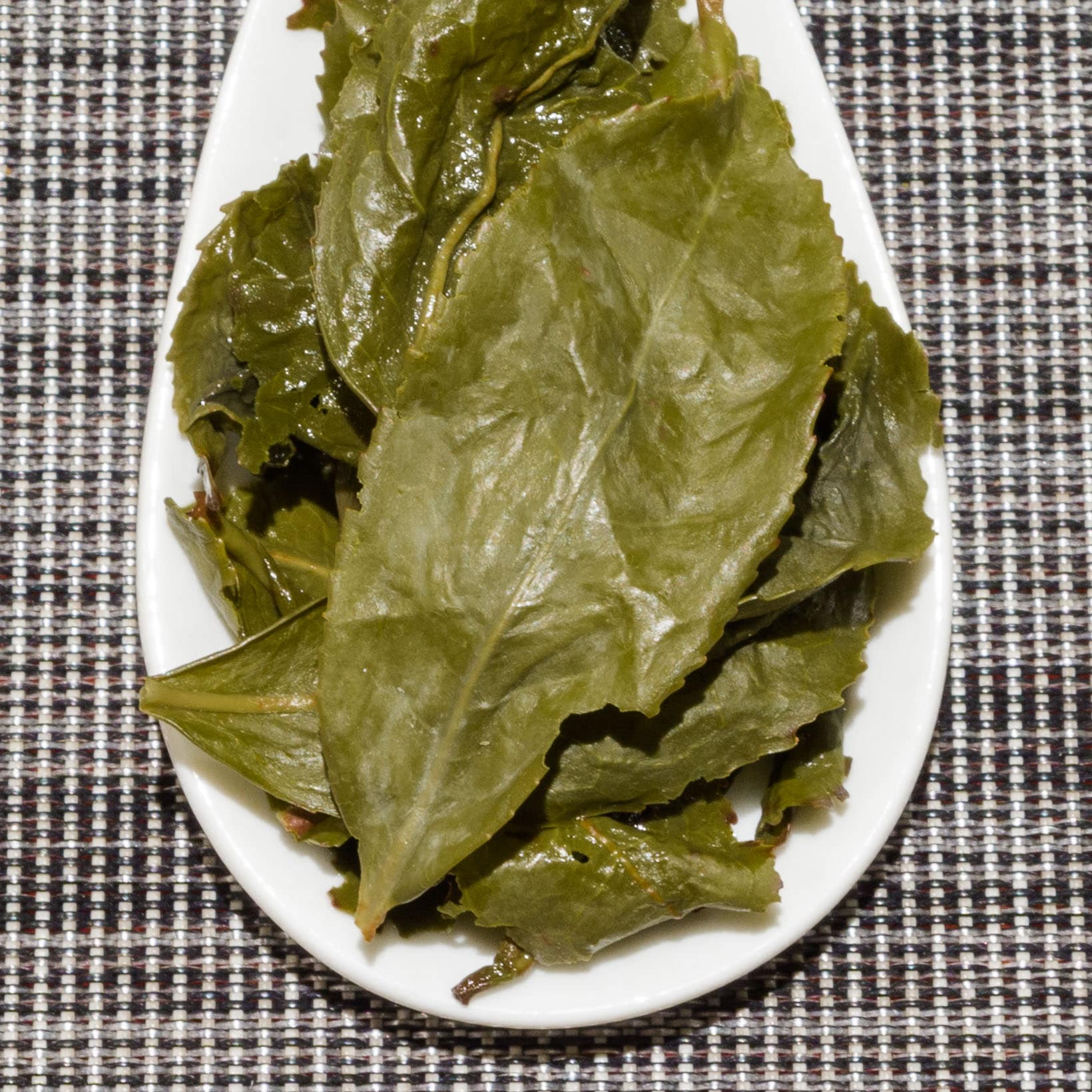
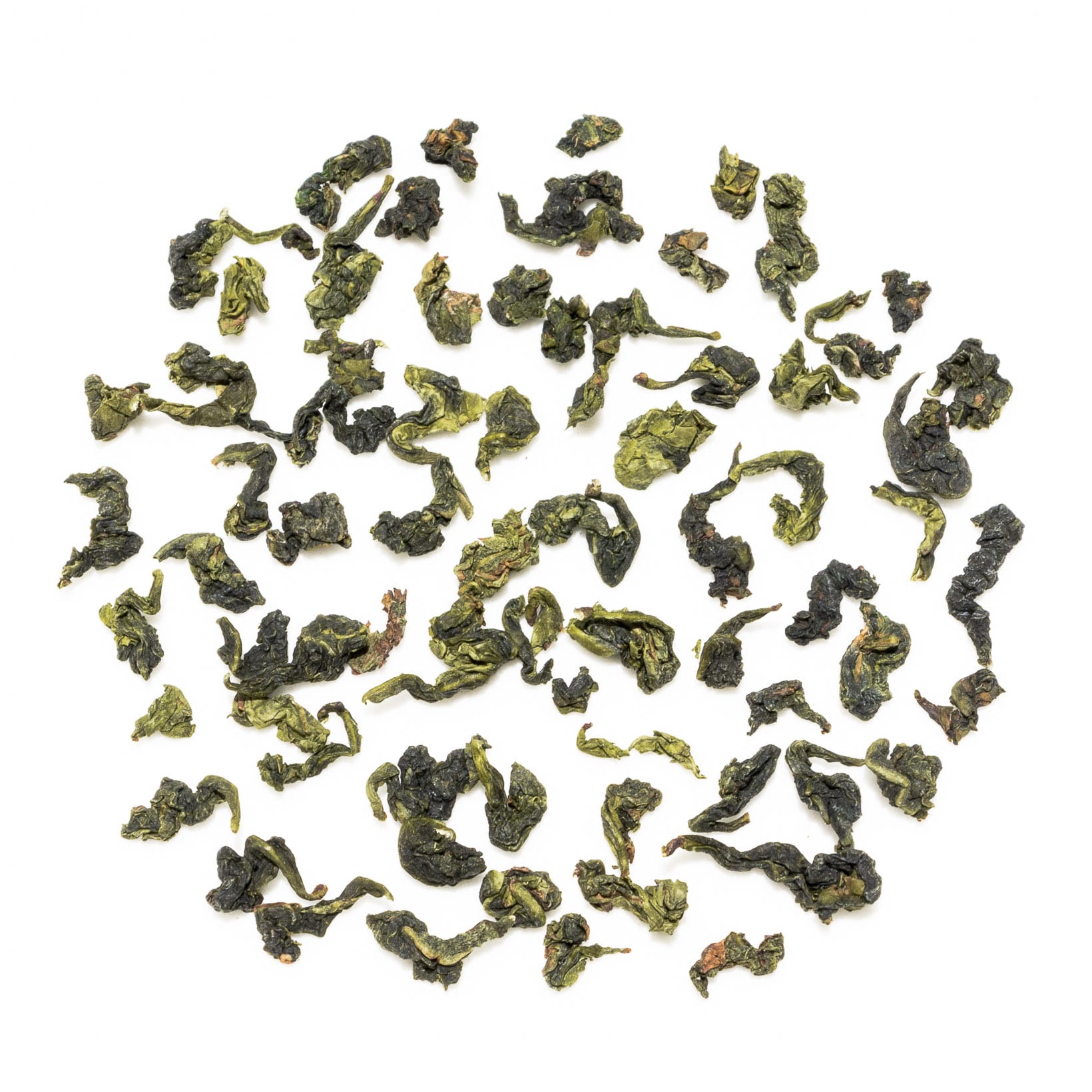
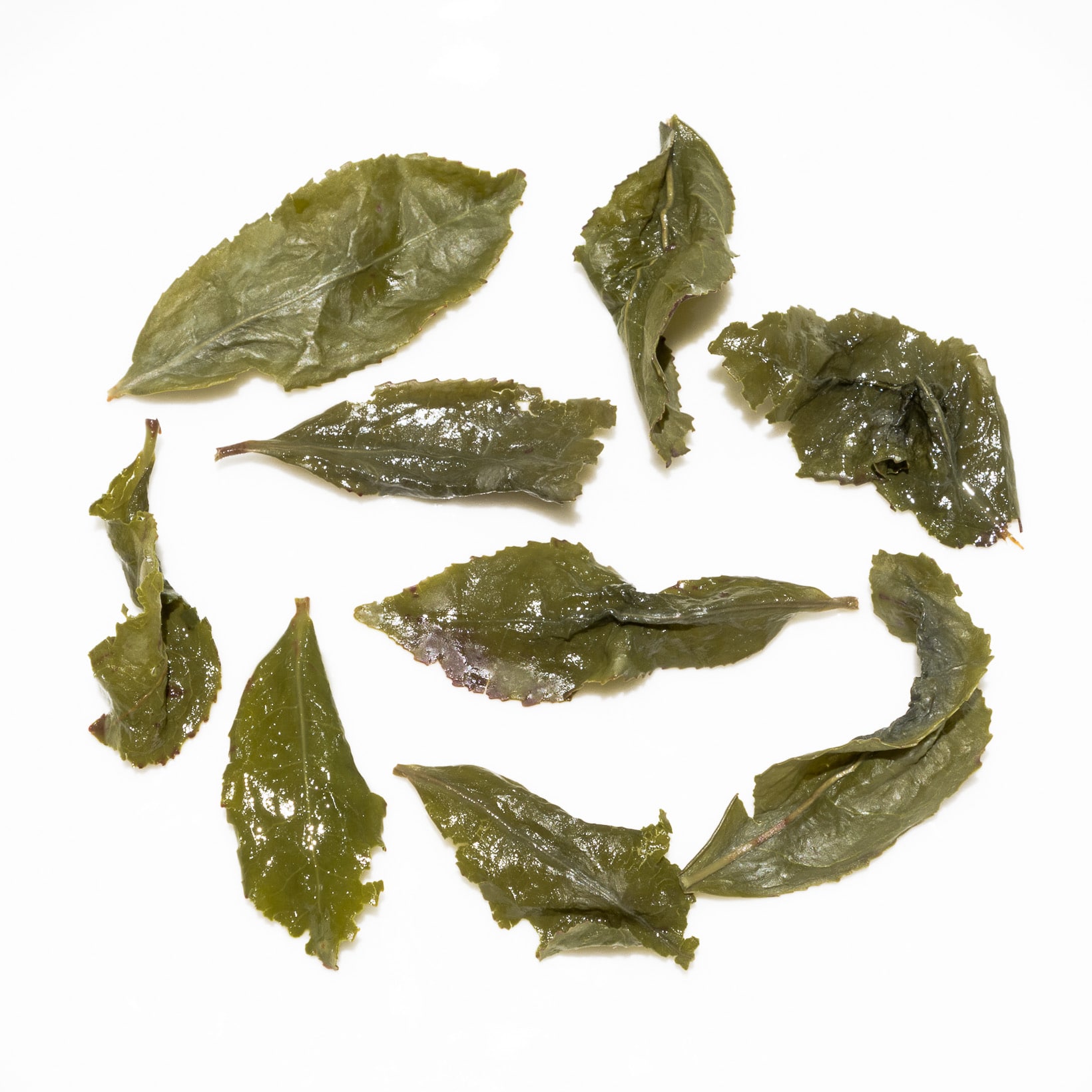
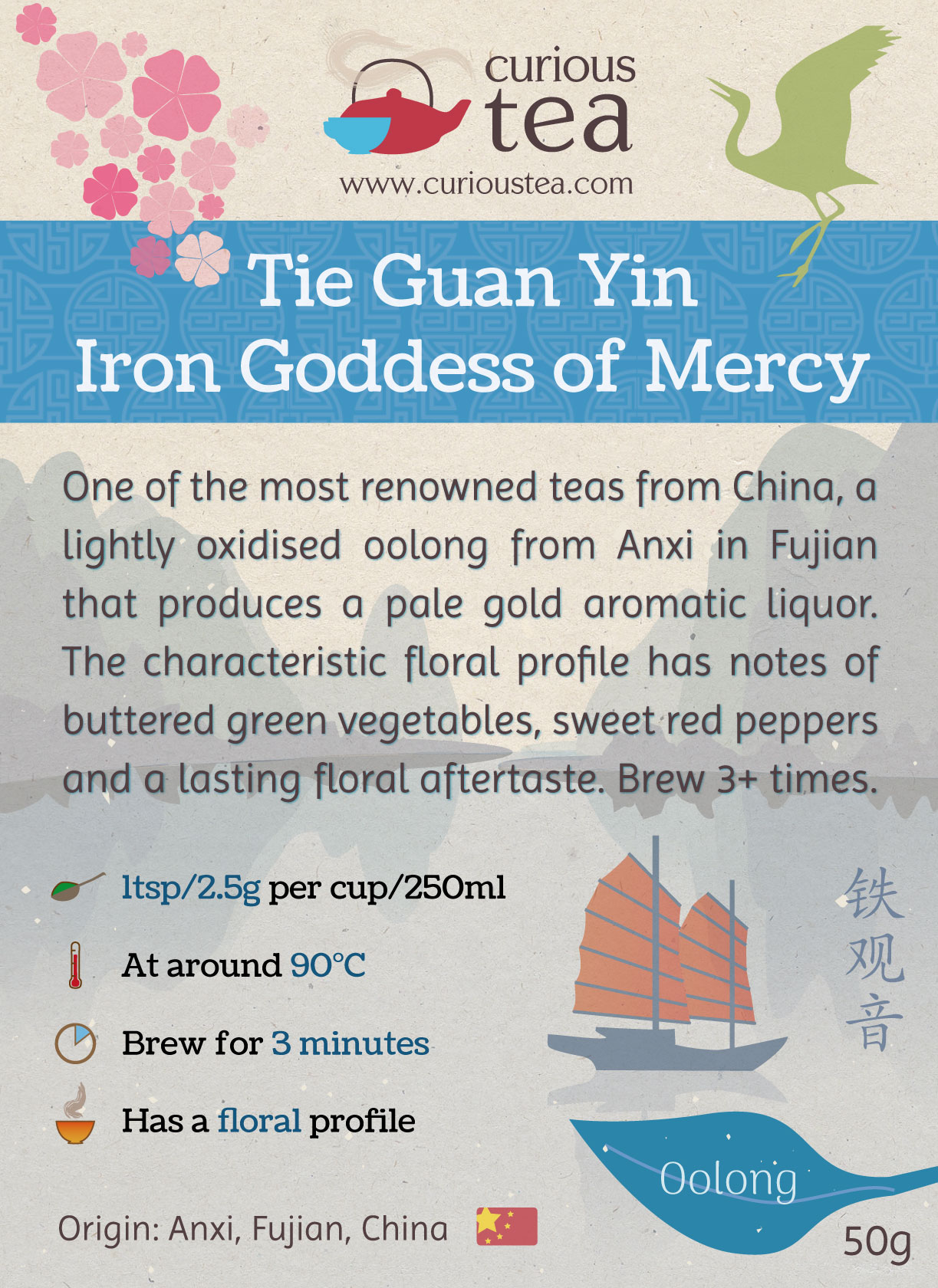
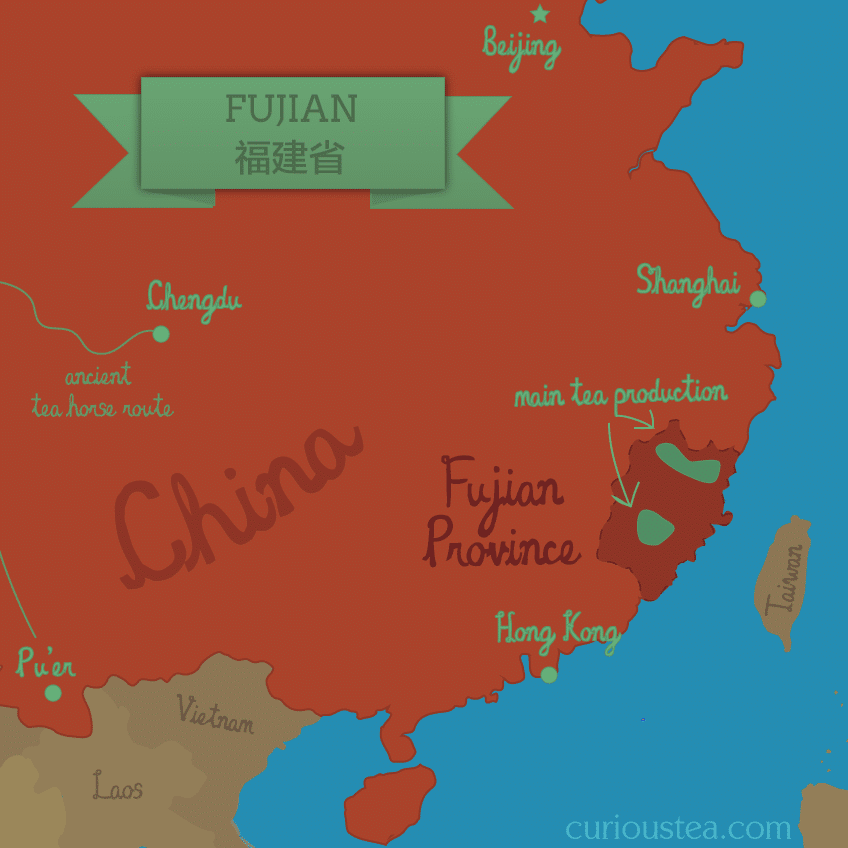
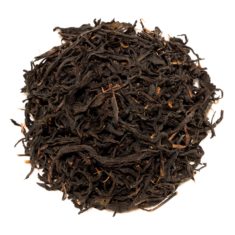 Taiwanese Black
Taiwanese Black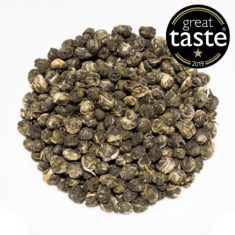 Chinese Green
Chinese Green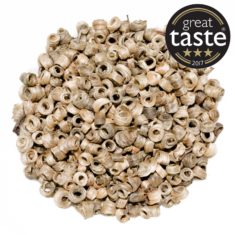 Chinese Green
Chinese Green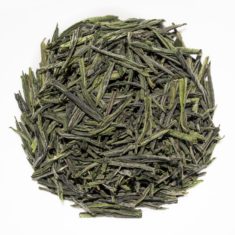 Chinese Green
Chinese Green